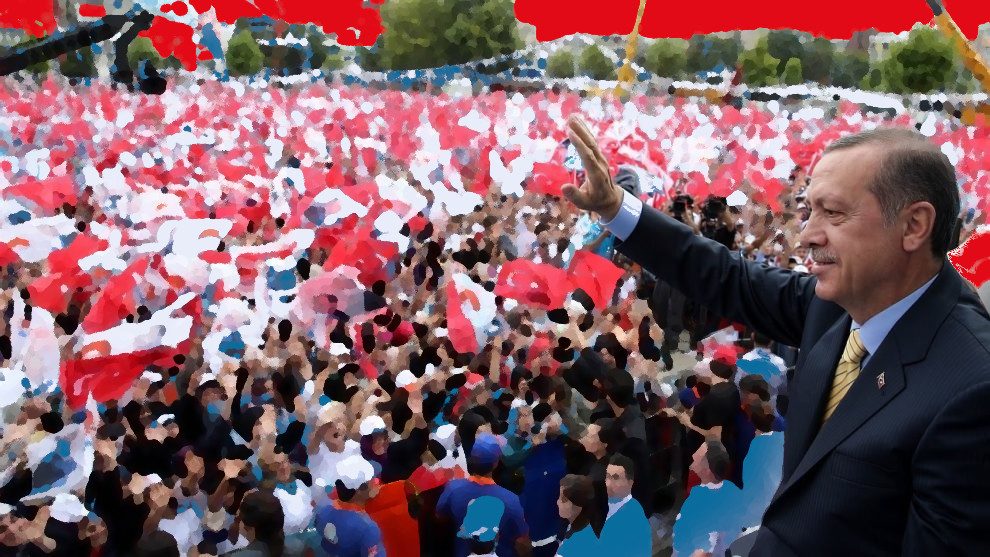When the Justice and Development (AK Party) was founded in 2002, it inherited the organized cadres of the Welfare Party. The majority of the electorate put their trust in the AK Party mainly because these cadres represented one of the most experienced, disciplined, honest and hardworking generations of the country. They performed well in the metropolitan municipalities of Istanbul, Ankara, Diyarbakır, Konya, Kayseri and other cities.
Welfare Party leader Necmettin Erbakan’s vision for industrial development was inherited by these cadres, becoming one of the main objectives of the AK Party. Believing in Turkey’s potential to become one of the rising stars in the 21st century, they contributed to now President Recep Tayyip Erdoğan’s outstanding success in the Istanbul Metropolitan Municipality.
Even though the majority of the people sympathized with the political cadres of the Welfare Party, a significant number of voters were anxious about their religious stance. To cope with this anxiety, Erdoğan as the head of the party moderated the AK Party’s cadres by incorporating nationalists, liberals and even socialists in its conservative core. Thanks to Erdoğan’s political strategies, the AK Party has become an inclusive political party, raising its voting rate from 34% to 50%.
Relying on their invaluable experience in municipalities, the AK Party’s political cadres took up the leading problems of the country conscientiously. First and foremost, the AK Party’s leadership concentrated its energy on making immense public investments in terms of infrastructure and management of cities. After resolving the long-standing problems in these areas, they had begun to tackle the ongoing military tutelage over civilian politics and the deteriorating relations with the European Union.
While the AK Party strived to maintain Turkey’s economic growth, it had to overcome the resistance of the traditional regime. The influence of the military and bureaucratic cadres of the main opposition Republican People’s Party (CHP) over the state structure had to be nullified in order to overcome their resistance against the AK Party’s political, economic and cultural reforms. Thanks to Turkey’s candidacy for the European Union, the AK Party succeeded to weaken the long-standing military tutelage in Turkey.
Adopting a multidimensional and multilateral foreign policy, Turkey’s independent stance in international politics led the major players of the global system to clash with the AK Party. Despite penetrating the depths of the state structure, the spy ring of the Gülenist Terror Group (FETÖ) was, however, liquidated from the civilian and military bureaucracy. Nonetheless, Turkey’s hard-won triumph against FETÖ created social and political trauma.
During Erdoğan’s leadership, the AK Party became the most effective organization in the history of modern Turkey. Due to the establishment of a complicated network of communication, even the most micro demands of voters were transmitted to the top of the state structure. Transforming these inputs into concrete policies, the AK Party continues to be Turkey’s dominant political party.
This magical communication between the AK Party’s leadership and the electorate was undermined after Erdoğan became president. As head of the AK Party from 2014 to 2016, Ahmet Davutoğlu transformed the cadres of the party in favor of his own political aspirations. Contrary to his character and dispositions, Erdoğan seemingly became a neutral politician. Such a dramatic change in Turkey’s leadership coincided with a troubled period in regional and international politics.
In our next column, we will complete this situation analysis of the AK Party’s politics by explaining how the AK Party under the leadership of President Erdoğan has overcome Turkey’s internal and external problems since 2014. After addressing how a new political vision emerged from this troubled period, we will discuss the next 20-year plan of the AK Party.
Source: Daily Sabah






